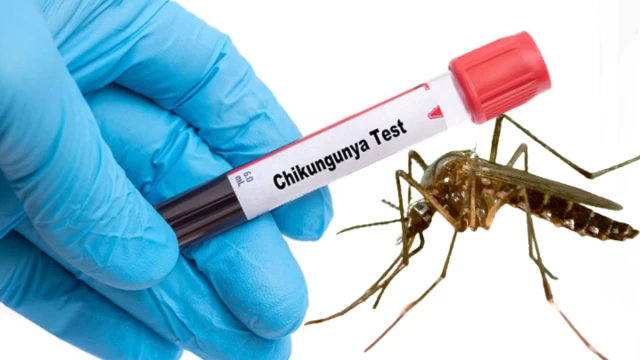National Deworming Day 2024: Symptoms, Causes, and Prevention Insights
- Posted on February 10, 2024
- Health and Fitness
- By Arijit Dutta
- 631 Views
National Deworming Day 2024, slated for February 10th, targets over 800 million Indian school-aged children. Worm infections, prevalent due to poor hygiene and sanitation, hinder children's development. Symptoms include abdominal pain, anemia, and cognitive impairment. The campaign emphasizes deworming, hygiene, and clean water to curb infections.
 Image Source -www.oliveboard.in
Image Source -www.oliveboard.in
National
Deworming Day (NDD) stands as an annual beacon of health awareness in
India, particularly targeting school-aged children between 6 to 19 years old.
Scheduled for February 10th, 2024, this nationwide campaign aims to administer
deworming medication to over 800 million children across the country. The
prevalence of worm infections, including roundworm, hookworm, whipworm, and
soil-transmitted helminths (STHs), underscores the urgent need for such initiatives.
These infections, often silent in their onset, manifest through symptoms such
as abdominal pain, bloating, diarrhea or constipation, anemia, fatigue, and
impaired cognitive development. Despite their pervasive impact, worm
infestations can largely go unnoticed, posing significant challenges to
children's health and development.
The
root causes of worm infections are deeply entrenched in poor sanitation
practices and inadequate access to clean water sources. Children, particularly
vulnerable due to their playful interactions with contaminated soil, barefoot
excursions, and consumption of unhygienic food and water, bear the brunt of
these infections. The cycle perpetuates through environmental contamination and
lack of preventive measures, exacerbating the burden on public health.
Prevention emerges as a cornerstone in combating worm infestations. National Deworming Day advocates for regular deworming, stipulating biannual administration of deworming medication to children aged 6 to 19 years. Alongside pharmaceutical interventions, promoting good hygiene practices remains paramount. Encouraging children to wash their hands thoroughly with soap and water, especially after using the toilet and before meals, helps mitigate the risk of worm infections. Furthermore, advocating for the use of footwear outdoors and ensuring access to clean drinking water and sanitation facilities are integral preventive measures.
The
significance of National Deworming Day extends beyond individual health
benefits to encompass broader societal impacts. By reducing the prevalence of
worm infections, the campaign aims to improve children's physical well-being,
enhance their cognitive development, and break the transmission cycle within
communities. Moreover, investing in preventive healthcare measures contributes
to the overall resilience and prosperity of the nation.
As
National Deworming Day 2024 approaches, concerted efforts are underway to
ensure the successful implementation of the campaign. Community engagement,
stakeholder collaboration, and effective dissemination of information are
critical in maximizing participation and reaching the targeted demographic.
Through collective action and sustained commitment to public health
initiatives, India endeavors to safeguard the health and future of its
children, paving the way for a healthier and more prosperous society.




